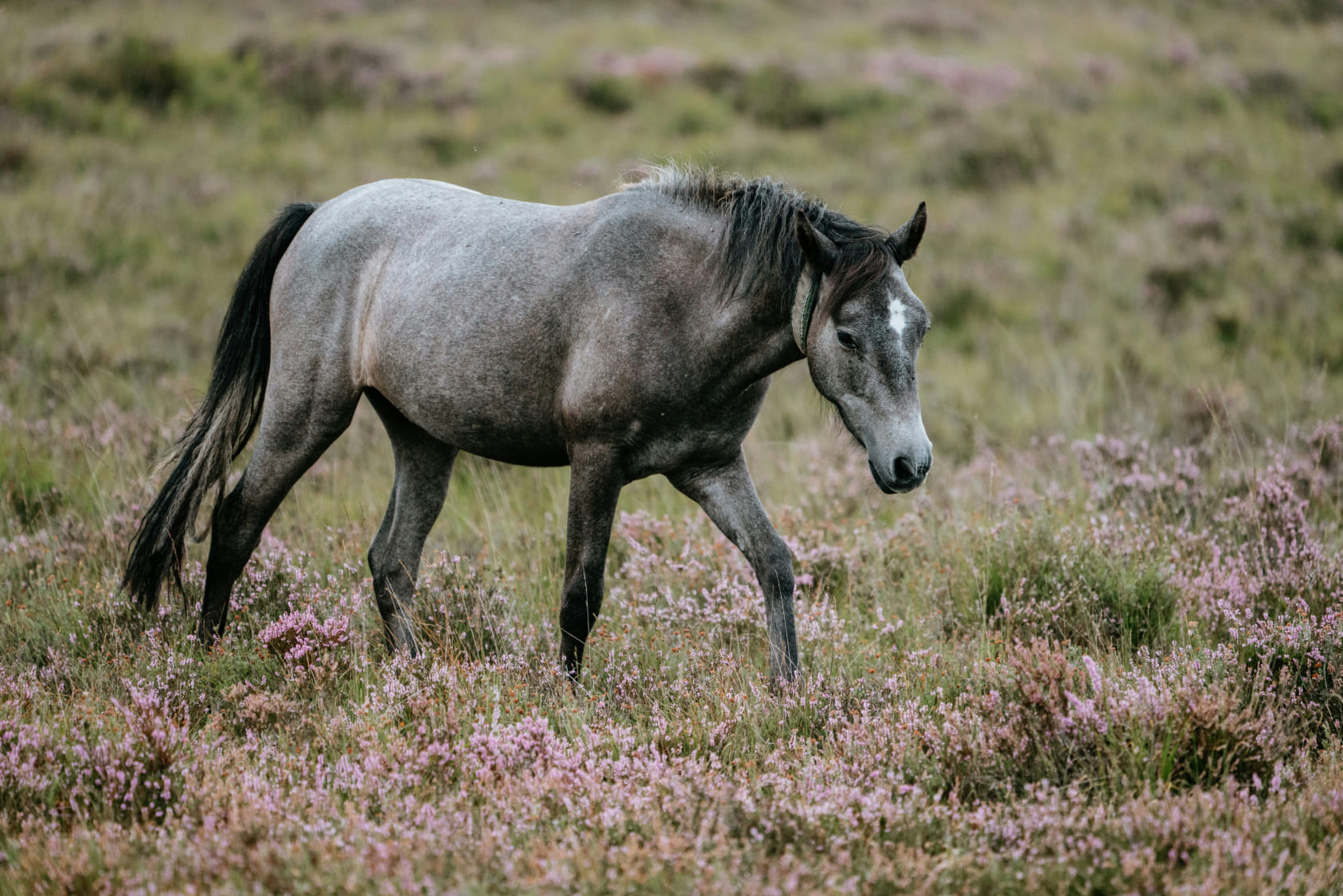Horse: The Majestic Partner of Humans Through the Ages
Horses are powerful and intelligent animals with a long history alongside humans. They are believed to have been domesticated over 5,000 years ago, primarily for transportation, agriculture, and companionship. Today, horses are found worldwide in various environments, from plains and mountains to deserts. Known for their strong, muscular builds, keen senses, and ability to form close bonds with humans, horses are not only a symbol of freedom and power but also a testament to the deep, mutual trust between species.
Horses are herbivores, feeding mainly on grasses, hay, and grains. Their digestive systems are uniquely designed to process high-fiber diets, allowing them to graze continuously throughout the day. Horses have complex social structures and form herds in the wild, establishing hierarchies through body language and vocal communication. They are highly observant animals, with excellent peripheral vision and acute hearing, which helps them detect potential dangers and communicate with each other.
Beyond their roles in human history, horses contribute to ecosystems by grazing, which helps prevent overgrowth and supports plant diversity. In wild populations, such as the famous mustangs of North America, horses impact local flora and fauna, maintaining a balance within their habitats. Horses have a unique ability to adapt to various climates and terrains, making them some of the most versatile animals on the planet.
The bond between humans and horses continues to be celebrated in sports, therapy programs, and cultural traditions. Although some wild horse populations face threats from habitat loss and competition for resources, numerous organizations work to protect and manage these populations, ensuring the survival of horses both in the wild and as cherished companions.

